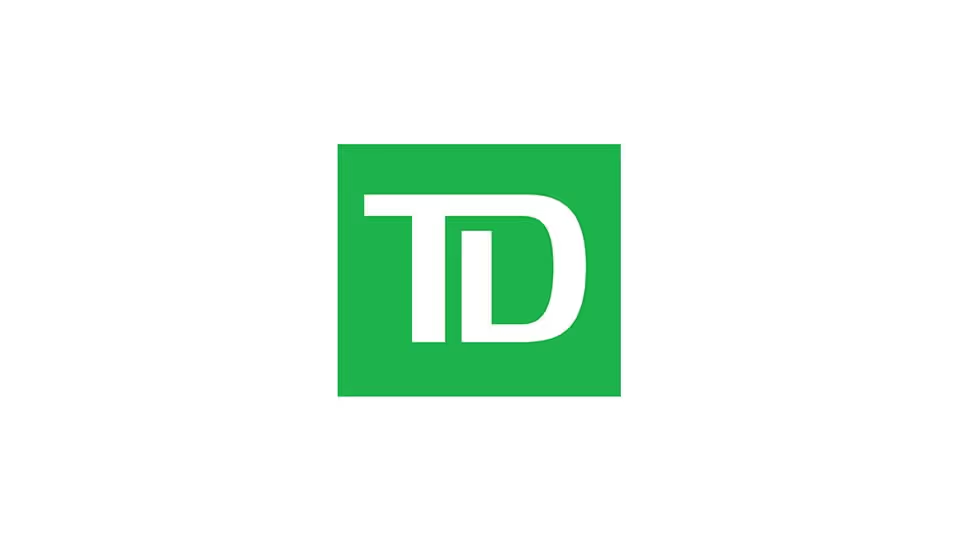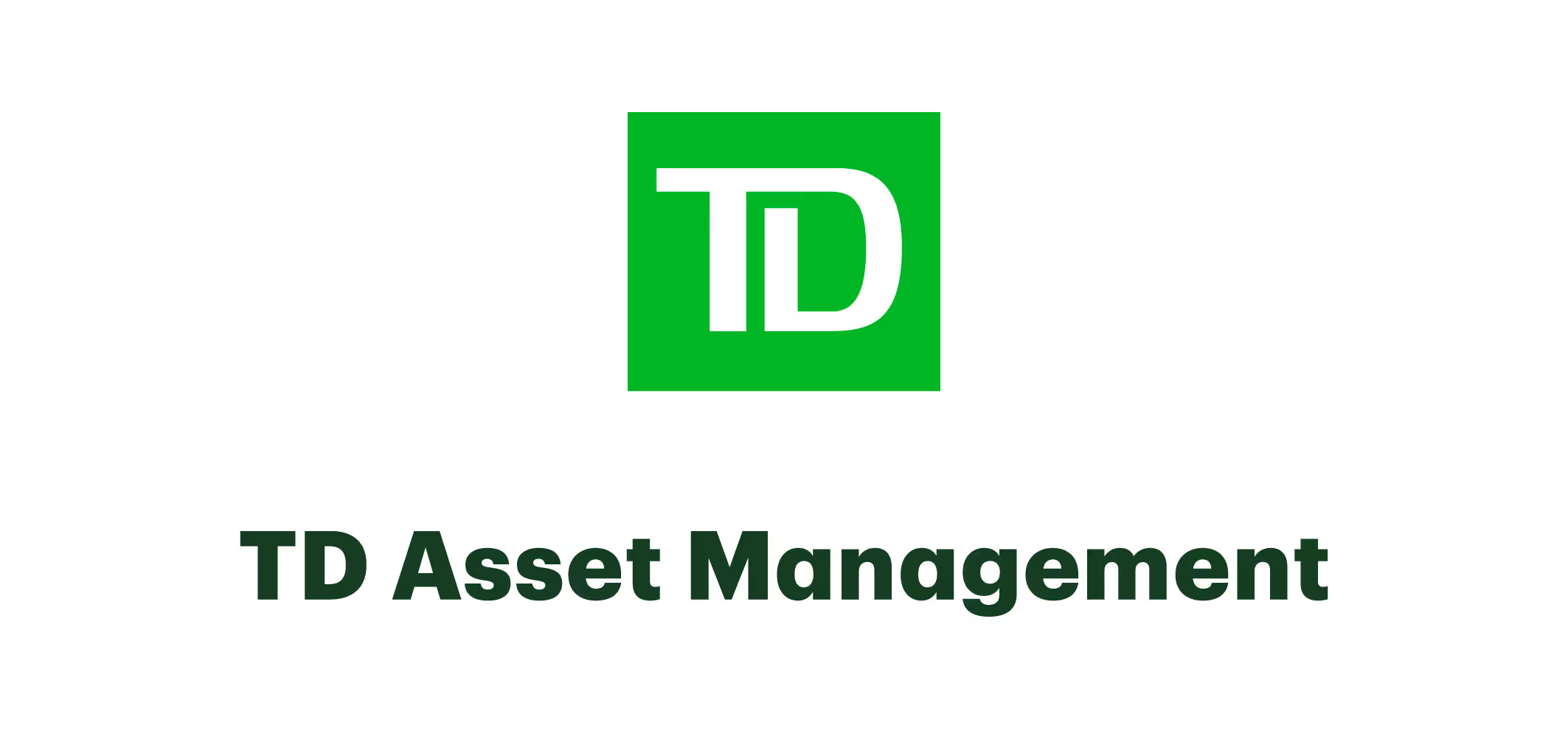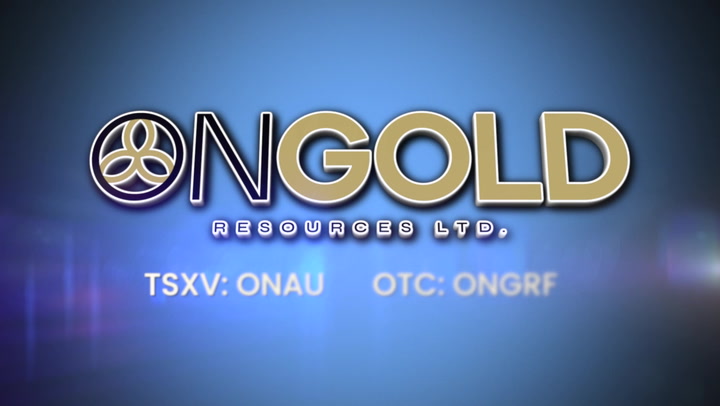Dividend ETFs - An Antidote for Volatile Markets
With the possibility of a slowing economy and volatile markets on the horizon, TD Asset Management Inc. (TDAM) is shining a spotlight on two dividend exchange-traded funds (ETFs) designed to mitigate risk and generate the potential for better returns – the TD Q Canadian Dividend ETF (TQCD), and the TD Q Global Dividend ETF (TQGD).

With the possibility of a slowing economy and volatile markets on the horizon, TD Asset Management Inc. (TDAM) is shining a spotlight on two dividend exchange-traded funds (ETFs) designed to mitigate risk and generate the potential for better returns – the TD Q Canadian Dividend ETF (TQCD), and the TD Q Global Dividend ETF (TQGD).
“I think it’s a great time for dividend-paying ETFs,” claimed Julien Palardy, Managing Director and Head of Quantitative and Passive Investing at TDAM. “While Guaranteed Investment Certificates and high-interest savings accounts currently provide attractive risk-free returns, there’s a belief that interest rates will start to drop this year, making these investments less compelling. This is probably the best time to lock into high-quality dividend stocks which are currently available at a discount. The dividends they pay will very likely persist in the future and probably keep growing.”
Dividend ETFs have several characteristics that are attractive to investors looking for a smoother ride. They are generally less volatile because they typically consist of more mature companies with stable cash flows. Most dividend ETFs are passive, meaning they rely on a rules-based index methodology for portfolio construction. These ETFs tend to select the highest-yielding securities within the investment universe for inclusion within the portfolio. They offer instant diversification at a low cost. However, high yield should not be the only consideration when choosing investments. Taking a more diversified active approach to selecting a portfolio of dividend-paying stocks can offer some advantages over passively managed products.
“The focus of TQCD and TQGD is quality,” Palardy assured. “We invest in companies that have not only paid dividends historically but are likely to sustain and grow their dividends going forward. We look for companies that have consistently been able to pay down their debt and increase profitability, ones that have also exhibited strong cash flows and have liquid balance sheets. This criterion often favours insurance and energy companies, materials, certain real estate trusts, and traditional defensives like staples and utilities. In TQGD, we tend to focus on high-quality dividend payers in healthcare, transportation, and tech, where we have large positions in Apple and Microsoft.”
How TDAM finds these companies is what truly sets it apart from many of its peers.
Palardy’s Quantitative and Passive Investment Team, which has been around for 25 years, was one of the first in Canada to focus on quantitative investing, a sophisticated approach to investment management and security selection that uses a combination of computer models, data analytics and professional judgement to create an optimal portfolio that balances risk and return.
“I believe the future of investing belongs to models and quantitative metrics,” Palardy said. “While other financial institutions rely heavily on the discretion of portfolio managers to maximize dividend yield, we use quantitative approaches in our portfolio construction that are data driven.”
In the last two years, this statistical approach has added a new dimension with the advent of artificial intelligence (AI). While quantitative investing has traditionally employed numerical data from financial statements, AI now provides the ability to interpret unstructured or textual data with increased depth.
“Textual information is extremely important because it provides colour to the numbers that we've historically used in our models. Models that we're building today allow us to process textual information from things like earnings call transcripts. This gives us some additional perspective when it comes to the numbers that companies publish, and it plays a critical role in how we interpret those numbers. Once we have this textual information, we can turn it into numbers that we can then feed into our quantitative models.”
TDAM’s quantitative investment team is virtually unmatched in Canada. With 30 dedicated managers, data specialists, and researchers, and more than C$14B1 assets under management, it is one of the few organizations capable of operating at a scale large enough to maintain a top-level operation running on the highest quality data available.
That inherent advantage is reflected in returns of TDAM’s two quantitative ETFs. Both funds have been in existence for more than four years now. While 2020 was a difficult year for dividend paying strategies in general due to the onset of Covid, the last three years have seen both TQCD and TQGD outperform their benchmarks by about 3%2.
Both the TD Q Canadian Dividend ETF (TQCD) and the TD Q Global Dividend ETF (TQGD) can be purchased through your discount brokerage accounts or through your advisor.
1 Source: Assets under management across all mandates managed by TDAM. As of December 31, 2023
2 Standard performance data as of Dec. 31, 2023: TQCD: 12.2% (1 year); 13.0% (3 year); 6.5% (since inception, November 20, 2019). TQGD: 14.5% (1 year); 11.9% (3 year); 7.4% (since inception, November 20, 2019). Benchmarks: TQCD: S&P/TSX Composite Index TR (C$), TQGD: MSCI World Index ND (C$). Returns for periods greater than one year are annualized.
The information contained herein has been provided by TD Asset Management Inc. and is for information purposes only. The information has been drawn from sources believed to be reliable. The information does not provide financial, legal, tax or investment advice. Particular investment, tax, or trading strategies should be evaluated relative to each individual's objectives and risk tolerance.
Commissions, management fees and expenses all may be associated with investments in exchange-traded funds (ETFs). Please read the prospectus and ETF Facts before investing. ETFs are not guaranteed, their values change frequently and past performance may not be repeated. ETF units are bought and sold at market price on a stock exchange and brokerage commissions will reduce returns. Index returns do not represent ETF returns. The indicated rates of return are the historical total returns for the periods including changes in unit value and reinvestment of all distributions and do not take into account redemption, commission charges or income taxes payable by any unitholder that would have reduced returns.
TD ETFs are managed by TD Asset Management Inc., a wholly-owned subsidiary of The Toronto-Dominion Bank.
TD Asset Management Inc. is a wholly-owned subsidiary of The Toronto-Dominion Bank.
® The TD logo and other TD trademarks are the property of The Toronto-Dominion Bank or its subsidiaries.

Latest Posts
Hot Companies
You might also like






